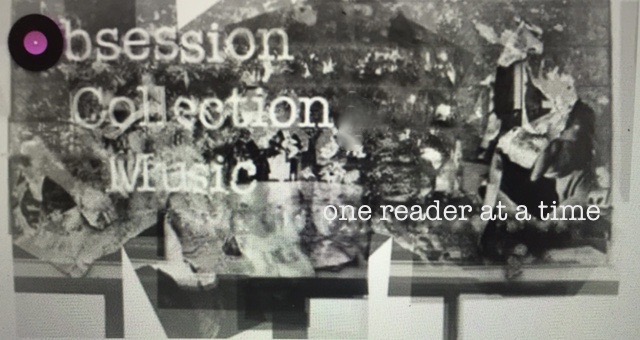 The Dynamic duo Two Gallants kick it up full throttle with their new self-titled release Two Gallants on Saddle Creek Records. The raw, electric, folk rock recording of nine fully developed songs gives the music community what it has been missing: a soul. Adam Stephens (guitar/vocals/harmonica) and Tyson Vogel (drums/vocals) have formed a dynamic musical force that has enabled them to create art in music. With the guided astute production by Alex Newport, the sound is perfectly produced and not overproduced.
The Dynamic duo Two Gallants kick it up full throttle with their new self-titled release Two Gallants on Saddle Creek Records. The raw, electric, folk rock recording of nine fully developed songs gives the music community what it has been missing: a soul. Adam Stephens (guitar/vocals/harmonica) and Tyson Vogel (drums/vocals) have formed a dynamic musical force that has enabled them to create art in music. With the guided astute production by Alex Newport, the sound is perfectly produced and not overproduced.
The recording, attitude, straightforwardness, raw quality, emotional levels, and full-bodied sound do not get better than this. I marvel at their musicianship because it has an immediate presence. I described their recently released EP, The Scenery of Farewell, as acoustic bliss. “Trembling of the Rose” is the only acoustic offering on this release, the other eight tracks are electric. The emotional and raw traits of this recording are even more striking because the music’s intensity and pace meet up with the highs and lows of the storytelling.
The flat-picking electric guitar leads echo in the desolate open air, allowing every note to resonate. Stephen’s harmonica bleeds with affectation while Vogel pounds the drums and clashes the cymbals with impending abandon.
Stephen is a raw folk storyteller who pens a hard-to-the-core palette, evoking ties that bind. The lyrical entries are of loss and abandonment, hate, lust, and heart-wrenching tales that are at times scornful with a vengeance.
Each track starts out differently, adding to the variety of the mix. "Reflections of a Marionette” shows off that diversity. Featuring a slew of styles so imaginatively synchronized to form an integral whole. Vehemently stating / I hope your gone by the time this song is through /. Then the scornful flurry in the chorus / I don’t want to see you fall/ I want you see you fail / catapults the song into a vindictive territory.
“The Hand That Held Me Down” describes the ultimate human betrayal with words that hurt like, / the heights to which you drag me / just to hurl your scorn /. The accusation of the chorus / did you hold the hand that held me down /, captures the essence of disloyalty while the harmonica simulates the vulnerable feelings expressed.
Rarely does Stephen’s use words that give an indication of time and place. In the last track, "My Baby's Gone,” he uses a contemporary reference quite effectively; he quietly moans, / I’ve lost my floaty, then he cries with a whisper / my baby’s gone /. The pace quickens epically, and the quietly whispered phrase becomes the roar of a relenting chorus.
“Fly Low Carrion Crow” is the most interesting from a vocal standpoint. Stephen’s trades in his strained throaty vocals for a more restrained lower register. In the song “Miss Merri” the cowboy bass line is an inferential musical clue reflecting the loss of America's soul in the sprawling fields of suburbia. / Oh miss merri don’t despair me / we got ways to numb your pain / same old story / blood, sweat, glory / just hope all your trials were in vain.
These collections of songs indulge my emotions. I revel in the lyrics and music to feel alive with pain. You don’t have to be there to go there. I would love the Two Gallants to write more about the state of the world, topics of great importance, and political and social unrest. They have the power in their writing and music to stir the nation, for now, they stir the soul.
Two Gallants 4Play Filmed by Saddle Creek Records:
Daytrotter Sessions: Two Gallants Encore
The Hand That Held Me Down MP3








